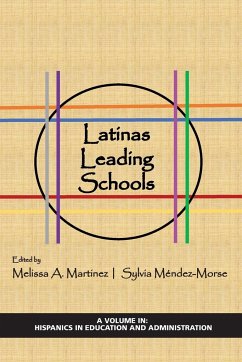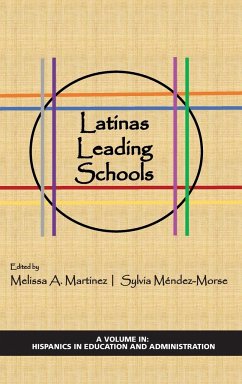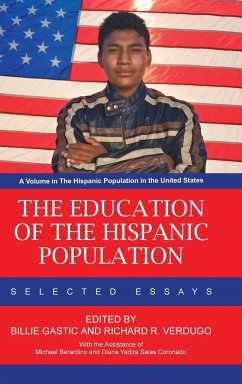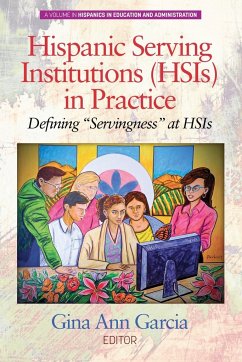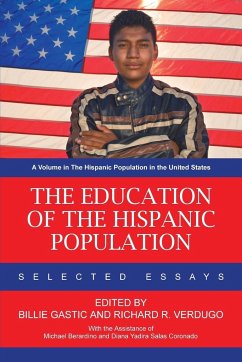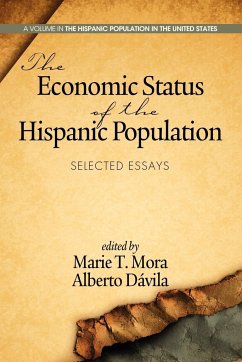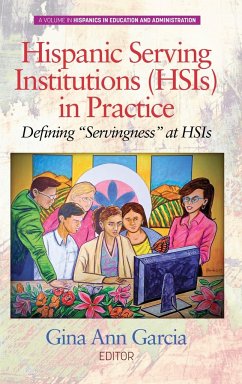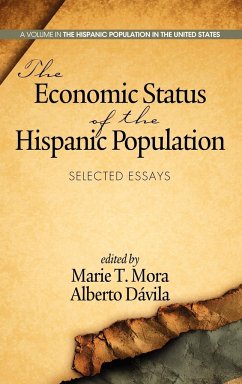As the first scholarly book of its kind, this edited volume brings together educational leadership scholars and practitioners from across the country whose research focuses on the unique contributions and struggles that Latinas across the diaspora face while leading in schools and districts. The limited though growing scholarship on Latina administrators indicates their assets, particularly those rooted in their sociocultural, linguistic, and racial/ethnic backgrounds, their cultura, are undervalued in research and practice (Hernandez & Murakami, 2016; Martinez, Rivera, & Marquez, 2019; Méndez-Morse, 2000; Méndez-Morse, Murakami, Byrne-Jimenez, & Hernandez, 2015). At the same time, Latina administrators have reported challenges related to: isolation (Hernandez & Murakami, 2016), a lack of mentoring (Méndez-Morse, 2004), resistance from those who expect a more linear, hierarchical form of leadership (Gonzales, Ulloa, & Muñoz, 2016), balancing varying professional and personal roles and aspirations (Murakami-Ramalho, 2008), as well as racism, sexism, and ageism (Bagula, 2016; Martinez, Marquez, Cantú, & Rocha, 2016). The impetus for this book is to acknowledge, explore, theorize, and expand our understanding of how Latinas' success as school and district leaders is informed by such gifts, including their prioritizing of familia and communidad, relationship building, reciprocity, and advocacy, in the face of such challenges. Thus, this volume covers four topical areas: 1) Testimonies and reflections from the field/Testimonios y reflexiones del campo, 2) Leading in relationship, comadrismo, with and for community/Liderazgo en relación, comadrismo, con y para la comunidad, 3) School community leaders(hip)/Lider(azgo) escolar y comunitario 4) Learning from the experiences of others/Aprendiendo de las experiencias de otras.
Hinweis: Dieser Artikel kann nur an eine deutsche Lieferadresse ausgeliefert werden.
Hinweis: Dieser Artikel kann nur an eine deutsche Lieferadresse ausgeliefert werden.

